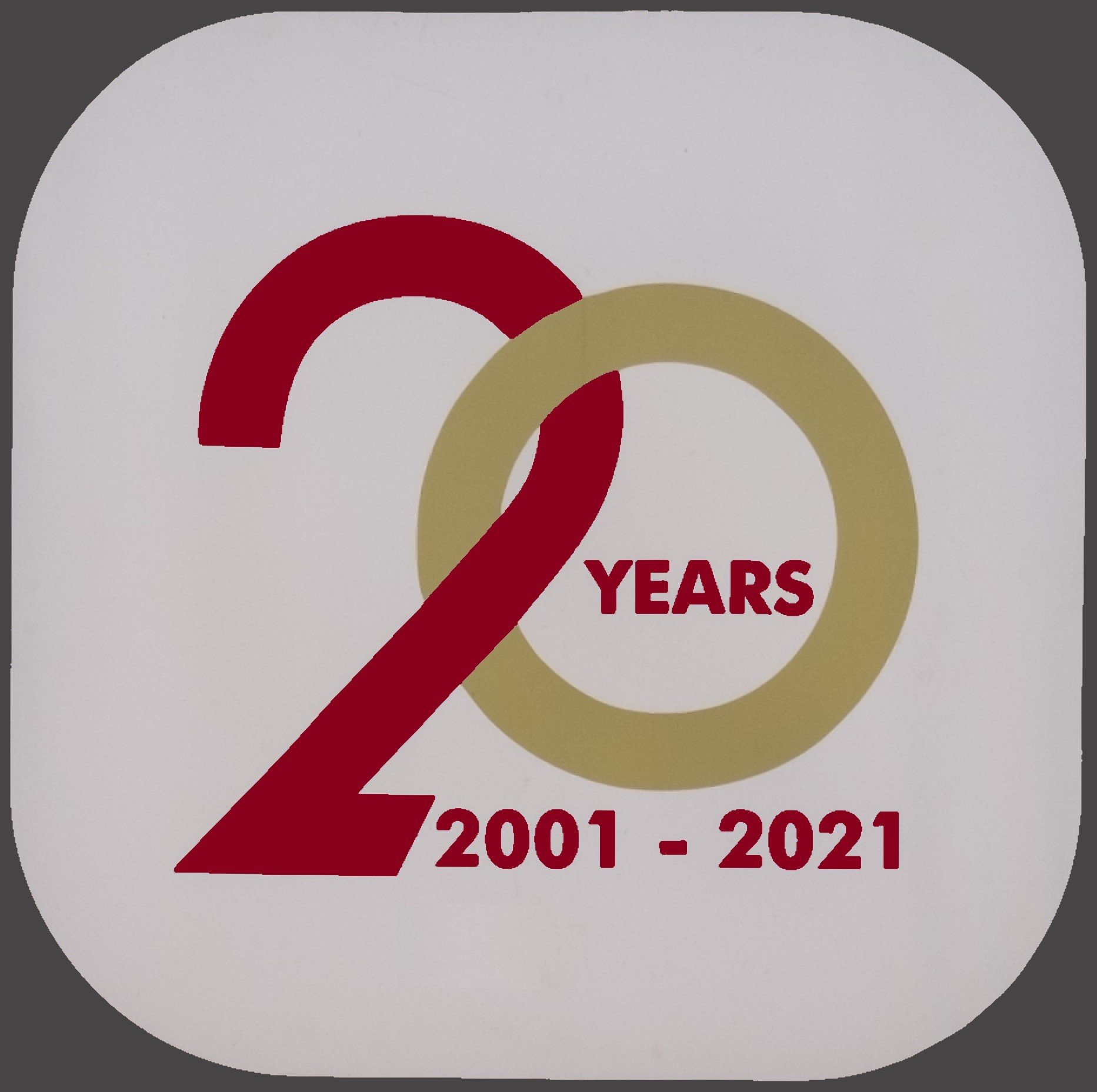Vision, Mission, PEOs, POs and COs
Vision
To be a centre for quality education and research in the field of Civil Engineering.
Mission
- To provide a well-balanced curriculum with practical exposure to meet the programme educational objectives and outcomes.
- To enhance the competence of faculty through continuous teaching learning process.
- To provide state of art laboratories equipped with the modern hardware and software.
- To encourage technical skills of non-teaching staff.
- To provide research opportunities for faculty and students.
- To create employability skills in students.
- To inculcate in students the importance of social responsibilities.
B.Tech. (Civil Engineering)
Program Educational Objectives (PEOs)
Program Educational Objectives are broad statements that describe the career and professional accomplishments that the program is preparing students to achieve.
PEO-I: To prepare students to excel in undergraduate and graduate programs and to succeed as a successful Civil Engineer to take up professional challenges through rigorous training during the program.
PEO-II: To provide the students with a sound foundation in mathematical, scientific and engineering fundamentals required to solve engineering challenges during their work as a professional.
PEO-III: To train students with good scientific and engineering breadth and depth so as to comprehend, analyze, design and pursue innovative projects for real time application to the society.
PEO-IV: To inculcate in students the professional and ethical attitudes, effective communication skills, teamwork skills, a multidisciplinary approach and an ability to relate engineering issues to a broader social context.
PEO-V: To groom the students with excellent leadership, moral values and the lifelong learning needed for a successful professional career.
Program Outcomes (POs)
Engineering Graduates will be able to:
1. Engineering knowledge: Apply the knowledge of mathematics, science, engineering fundamentals and an engineering specialization to the solution of complex engineering problems.
2. Problem analysis: Identify, formulate, review research literature and analyze complex engineering problems reaching substantiated conclusions using first principles of mathematics, natural sciences, and engineering sciences.
3. Design/development of solutions: Design solutions for complex engineering problems and design system components or processes that meet the specified needs with appropriate consideration for the public health and safety, and the cultural, societal, and environmental considerations.
4. Conduct investigations of complex problems: Use research-based knowledge and research methods including design of experiments, analysis and interpretation of data, and synthesis of the information to provide valid conclusions.
5. Modern tool usage: Create, select, and apply appropriate techniques, resources, and modern engineering and IT tools including prediction and modelling to complex engineering activities with an understanding of the limitations.
6. The engineer and society: Apply reasoning informed by the contextual knowledge to assess societal, health, safety, legal and cultural issues and the consequent responsibilities relevant to the professional engineering practice.
7. Environment and sustainability: Understand the impact of the professional engineering solutions in societal and environmental contexts, and demonstrate the knowledge of and need for sustainable development.
8. Ethics: Apply ethical principles and commit to professional ethics and responsibilities and norms of the engineering practice.
9. Individual and team work: Function effectively as an individual, and as a member or leader in diverse teams, and in multidisciplinary settings.
10. Communication: Communicate effectively on complex engineering activities with the engineering community and with society at large, such as, being able to comprehend and write effective reports and design documentation, make effective presentations, and give and receive clear instructions.
11. Project management and finance: Demonstrate knowledge and understanding of the engineering and management principles and apply these to one’s own work, as a member and leader in a team, to manage projects and in multidisciplinary environments.
12. Life-long learning: Recognize the need for, and have the preparation and ability to engage in independent and life-long learning in the broadest context of technological change.
Program Specific Outcomes (PSOs)
After the completion of four years B. Tech Programme, the students will be able to
PSO-1: Design and execute any complex Civil Engineering Project.
PSO-2: Acquire necessary skills to carry out time, financial and resource management for any Civil Engineering Project.
PSO-3: Prove worthy in higher education.
PSO-4: Develop leadership qualities to undertake multi-disciplinary projects.
Course Outcomes (COs)
M.Tech. (Structural Engineering)
Program Educational Objectives (PEOs)
Program Educational Objectives are broad statements that describe the career and professional accomplishments that the program is preparing students to achieve.
PEO-I: To analyze and design structural components and systems complying with the relevant codes of practice.
PEO-II: To provide multidisciplinary skills necessary to identify and analyze contemporary issues in structural engineering systems.
PEO-III: To inculcate research abilities, moral and ethical values, effective communication skills and collaboration skills essential for professional practice and also to understand the responsibility of a structural engineer towards the well-being of society.
Program Outcomes (POs)
At the end of the program the student will be able to:
PO1: Independently carry out research/investigation and development work to solve practical problems.
PO2: Write and present a substantial technical report / document.
PO3: Demonstrate a degree of mastery over the area as per the specialization of the program. The mastery should be at a level higher than the requirements in the appropriate bachelor program.
PO4: Conceptualize and solve structural engineering problems and evaluate a wide range of potential solutions to arrive at a feasible and optimal solution.
PO5: Apply the technical knowledge and demonstrate leadership skills to structural engineering research, industrial consultancy problems, developing an aptitude for higher education leading to a Doctoral degree.
PO6: Demonstrate the knowledge of professional and ethical responsibilities by considering the social, environmental and economic factors.


